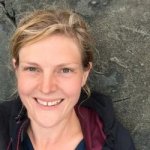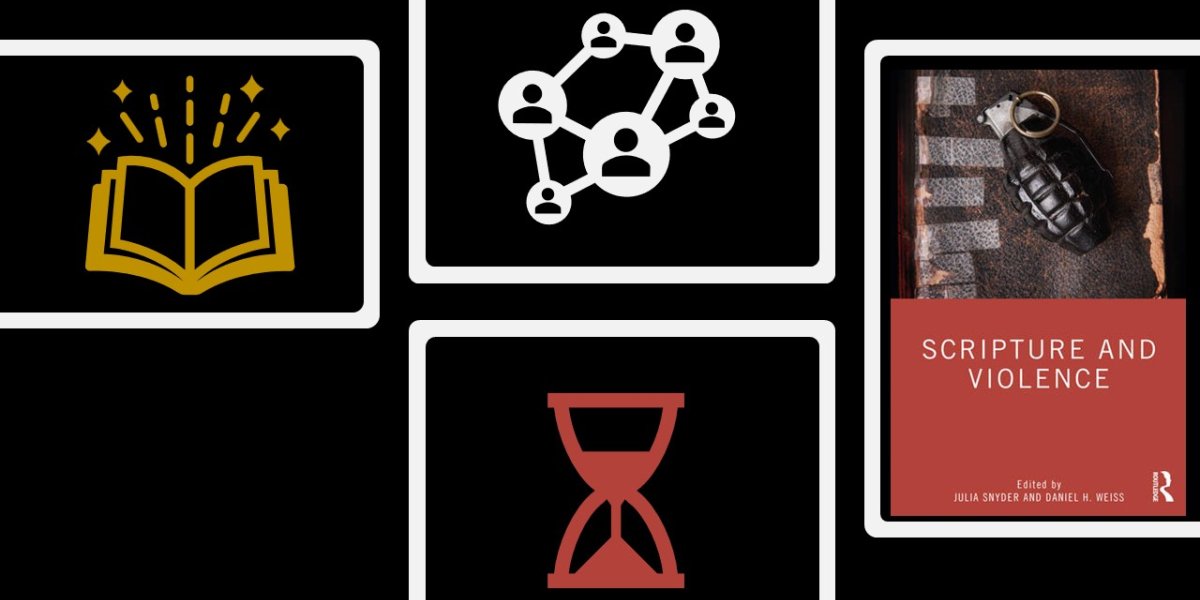Unlocking the hidden complexities of evolution
Unlocking the hidden complexities of evolution
Discover the exciting advancements that shed light on our past, present, and future.
Join Professor Ian Henderson, Dr Emily Mitchell and Dr Aylwyn Scally as they discuss the hidden complexities of evolution, and how modern science is revealing the history of life. They discuss some of the myths about evolution and human ancestry, how new technologies are revolutionising our understanding of evolution's intricate mechanisms, and the impact of these developments on human society now and in the future.
Speakers
Professor Ian Henderson

Ian studied at the University of Oxford as an undergraduate, and in 2000 was awarded a Gatsby Charitable Foundation Ph.D Studentship to work at the John Innes Centre. Later he took up postdoctoral research at UCLA, investigating mechanisms of RNA-directed DNA methylation and its role in control of gene expression, supported by EMBO and Leukemia & Lymphoma Society Fellowships. In 2008 Ian returned to the UK as a Royal Society University Research Fellow and Gatsby Resident Fellow in the Department of Plant Sciences at the University of Cambridge, where he is now Professor in Genetics and Epigenetics. He is the recipient of the 2013 Society for Experimental Biology President's Medal. The primary focus of the Henderson group is control of meiotic recombination frequency by genetic and epigenetic factors. Using their fundamental insights into control of recombination, they are actively pursuing translation of this knowledge, in order to generate super-recombining crops.
Dr Emily Mitchell (Selwyn 2008, Earth Sciences)

Dr Emily Mitchell researches the role of ecological processes on evolution through deep time, from the first animal communities of the Ediacaran period (580 million years ago) to the present. Her interdisciplinary approach is shaped by her PhD in Palaeobiology and her Master’s Degrees in ecology, physics and mathematics. Emily has developed an innovative research program to address previously intractable questions about early animal life, by importing novel field-based laser-scanning techniques from aerospace, and combining approaches from disciplines including forest ecology. Recently, Emily has expanded her research to investigate not only the ecology of organisms from the current Phanerozoic eon, but also living deep-sea and Antarctic communities.
Dr Aylwyn Scally (Darwin 1997)

Dr Aylwyn Scally is a researcher in human evolutionary genetics at the University of Cambridge. Originally trained in theoretical physics, he uses computational and mathematical methods with large-scale genetic data. His work has included the first assembly and analysis of the gorilla genome, research on the evolution of human, Neanderthal and great-ape populations, and understanding the rate of human germline mutation.
Booking information
In-person lectures at the Sidgwick Site as part of Alumni Festival cost £15 per person.
Booking for this event is now closed.



